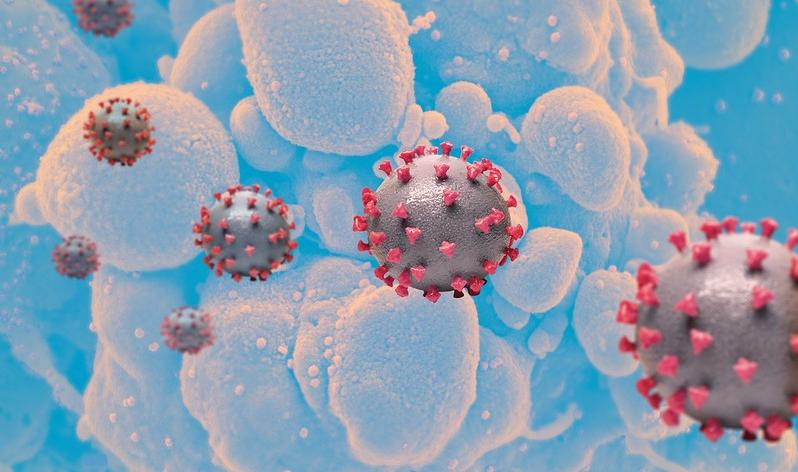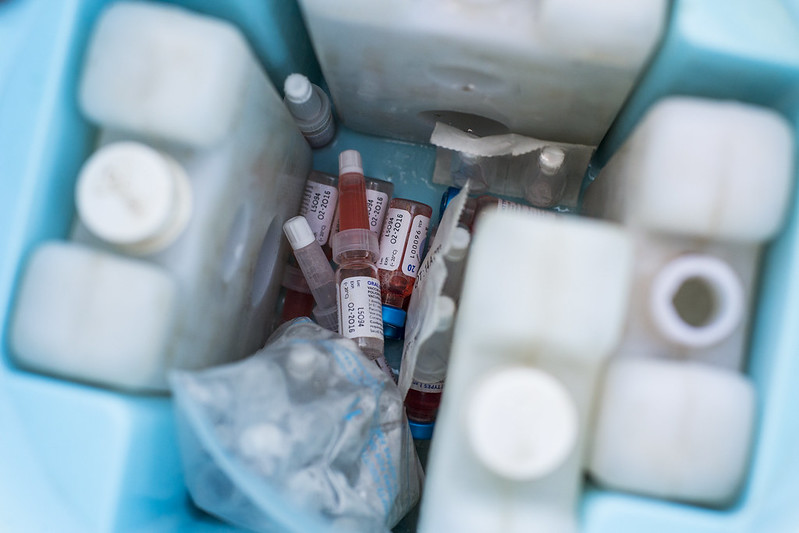
SARS-CoV-2 viral fragments can remain in blood and tissue for more than a year after infection, which researchers at the University of California San Francisco (UCSF) say could contribute to long COVID.
In two studies, the researchers found SARS-CoV-2 RNA in the blood for up to 14 months post-infection and for more than 2 years in connective-tissue samples from 171 COVID-19 survivors without evidence of reinfection. The team obtained the samples from UCSF's Long COVID Tissue Bank, which houses samples donated by patients with and without long COVID.
The investigators presented the results at this week's Conference on Retroviruses and Opportunistic Infections in Denver.
Double the risk in severely ill patients
The probability of having persistent viral fragments was about double in hospitalized participants and in those who reported being very ill but weren't hospitalized. "As a clinician, these associations convince me that we are on to something, because it makes sense that someone who had been sicker with COVID would have more antigen that can stick around," Michael Peluso, MD, who led the studies, said in a UCSF news release.
These two studies provide some of the strongest evidence so far that COVID antigens can persist in some people, even though we think they have normal immune responses.
Because viral RNA was found in connective tissue where immune cells are located, the study authors said the RNA may have been causing an immune response. "These two studies provide some of the strongest evidence so far that COVID antigens can persist in some people, even though we think they have normal immune responses," Peluso said.
He added that more research is needed to determine whether the viral RNA contributes to long COVID and related events such as heart attack and stroke. His team is involved in clinical trials that are studying whether monoclonal antibodies or antiviral drugs can eliminate the RNA and benefit long-COVID patients. "There is a lot more work to be done, but I feel like we are making progress in really understanding the long-term consequences of this infection," Peluso said.
.jpg)












